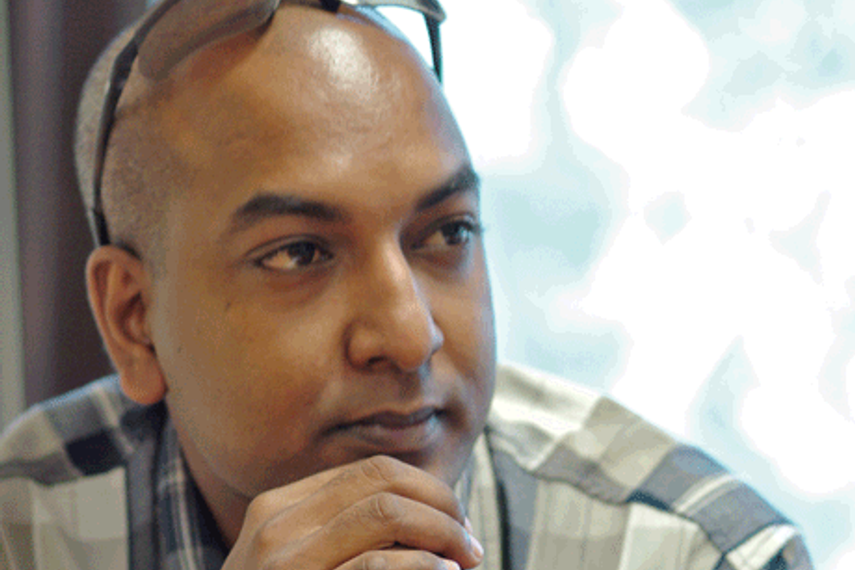
Please sign in or register
Existing users sign in here
Having trouble signing in?
Contact Customer Support at
[email protected]
or call+91 022 69047500
A note to express heartfelt gratitude and apologies where it is due, as I leave with fond memories

Contact Customer Support at
[email protected]
or call+91 022 69047500
Top news, insights and analysis every weekday
Sign up for Campaign Bulletins
WARC’s ‘Act Good Report 2025’ ranks purpose-driven campaigns worldwide—spotlighting creative work that blends conscience with communication, not just commercials.
The campaign was created in-house.
Donald Trump's tariff tornado will have wide-reaching implications, potentially placing advertisers and agencies at a fundamental pivot point says New Commercial Arts’ David Golding
Radical transparency and strategic silence may sound like strange bedfellows, but striking the right balance between the two is key to earning consumer trust, says Column Inches founder.